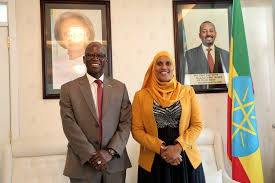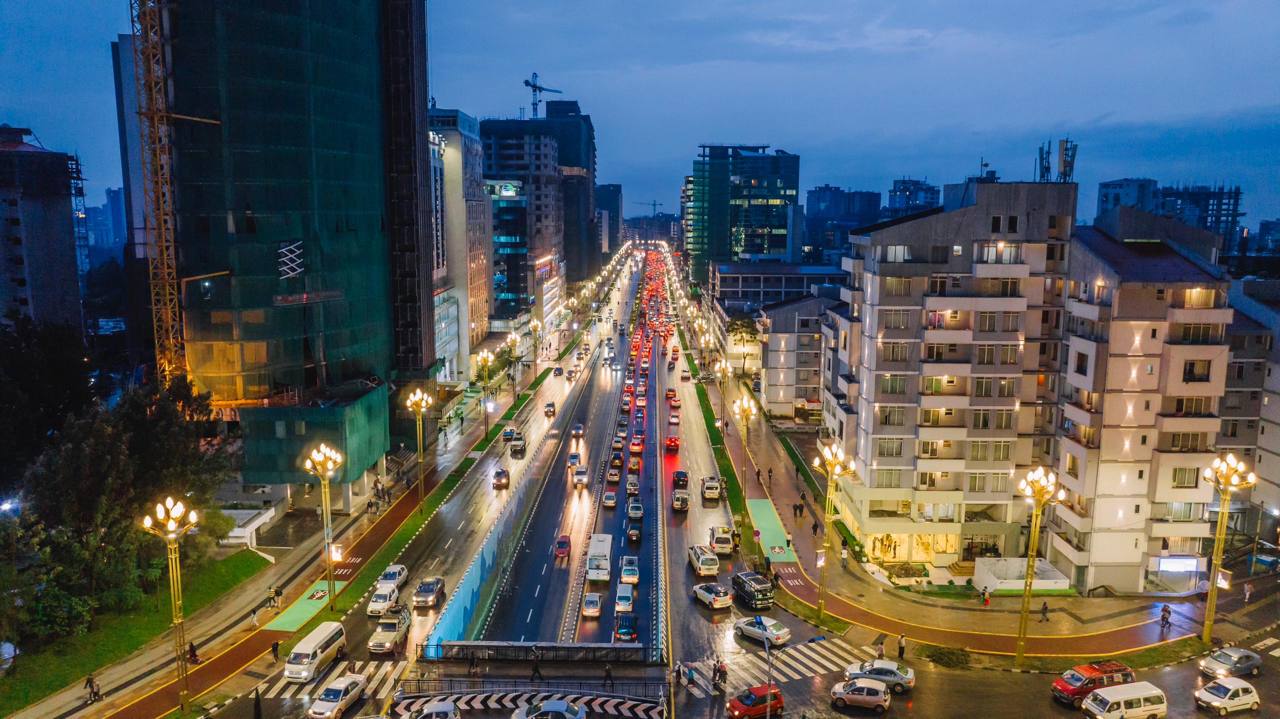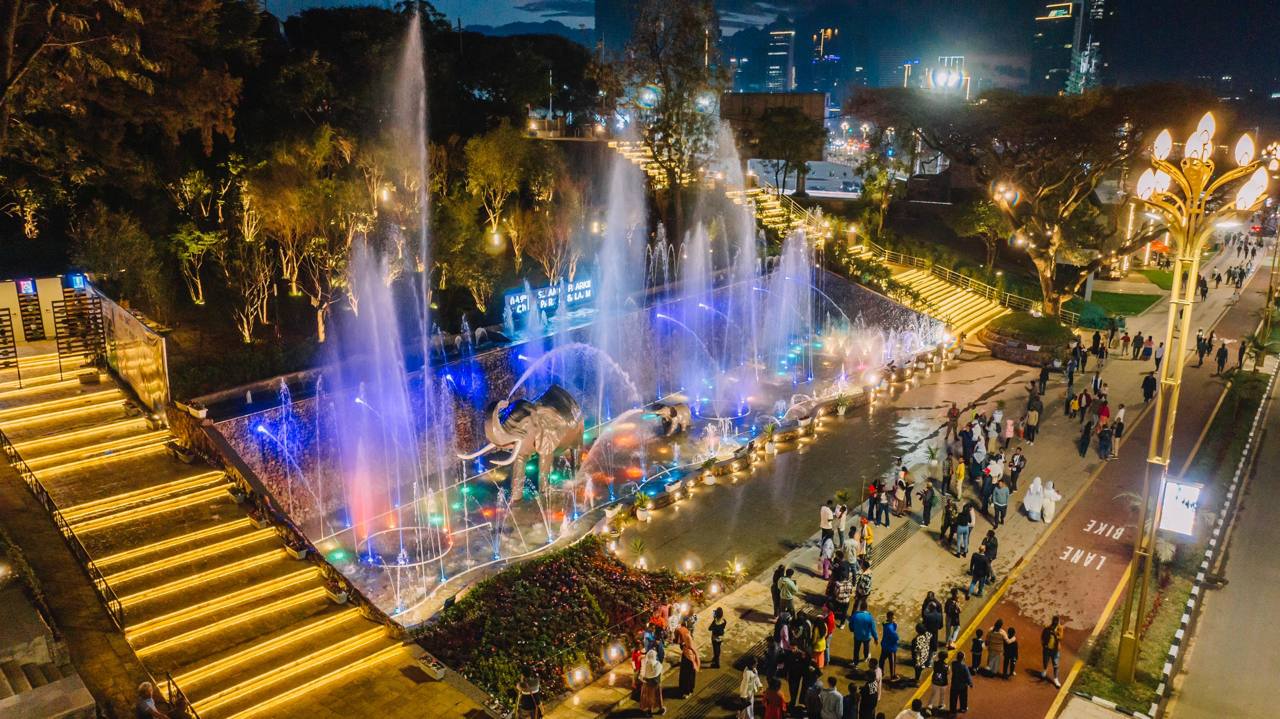- admin
- [post-views]
የከተማ እና የመሠረተ ልማት ሚኒስቴር
Our History
Founded
-

-
1975 - 1990
Foundation and Early Urban Planning
The Ministry of Urban and Infrastructure was founded in 1975, during a pivotal era in Ethiopia’s development. The Ministry’s initial focus was on establishing a framework for urban planning and basic infrastructure development. During this period, efforts were concentrated on improving essential services such as water supply, sanitation, and road construction to support the country’s growing population.
-
1991 - 2000
Expansion and Infrastructure Modernization
Following the establishment of a new government in 1991, the Ministry played a key role in expanding and modernizing Ethiopia’s infrastructure. Emphasis was placed on creating better transportation networks, including the construction of major highways connecting cities and rural areas. This period also saw the initiation of projects aimed at improving housing conditions and upgrading urban services.
-

Growth
-

-
2001 - 2010
Urban Growth and Regional Development
With Ethiopia experiencing rapid urbanization, the Ministry shifted its focus to managing urban growth more effectively. Between 2001 and 2010, new urban development strategies were introduced to accommodate the increasing demand for housing, public transportation, and other services. During this decade, the Ministry also prioritized regional infrastructure development, ensuring that smaller towns and rural areas were integrated into national development plans.
-
2011 - 2020
Smart Cities and Sustainability Initiatives
The 2010s marked a period of innovation for the Ministry. In 2011, a new strategy was launched to incorporate smart technologies into urban development, laying the foundation for future smart city projects. Green infrastructure initiatives were introduced, with the aim of promoting sustainability and environmental conservation. This era also witnessed the development of modern rail systems, expansion of highways, and the growth of affordable housing projects across Ethiopia.
-

Present
-

-
2021 - Present
Building Resilience and Inclusive Urban Spaces
In the wake of global challenges such as climate change and urban migration, the Ministry has focused on building resilient cities that can adapt to both economic and environmental pressures. Since 2021, new policies have been introduced to foster inclusive urban environments, ensuring equitable access to services for all citizens. Major projects include the revitalization of Addis Ababa’s urban infrastructure and the construction of new industrial parks aimed at boosting economic development.
-
Future
Looking Forward
Today, the Ministry of Urban and Infrastructure continues to play a crucial role in shaping Ethiopia’s future. With a commitment to creating sustainable, modern, and inclusive urban spaces, the Ministry is leading the country into a new era of infrastructure development, ensuring that Ethiopia’s cities are well-prepared for the challenges and opportunities of tomorrow.
-

